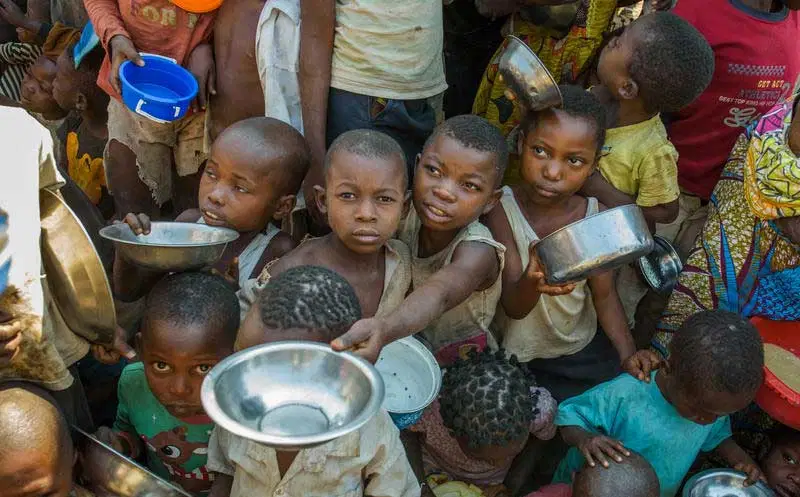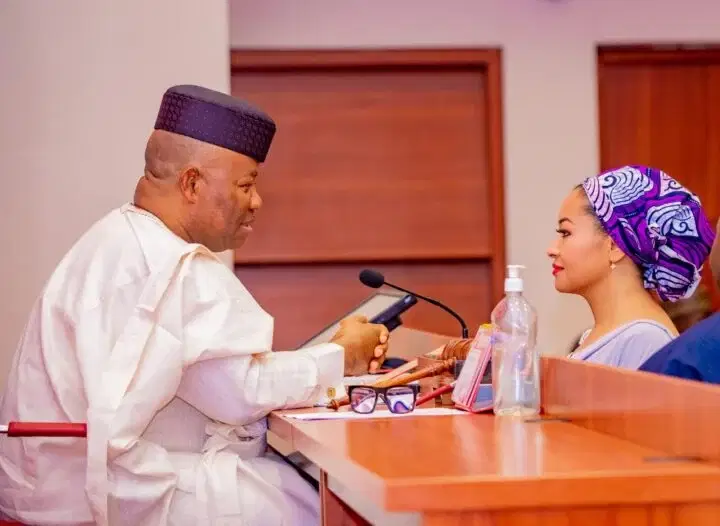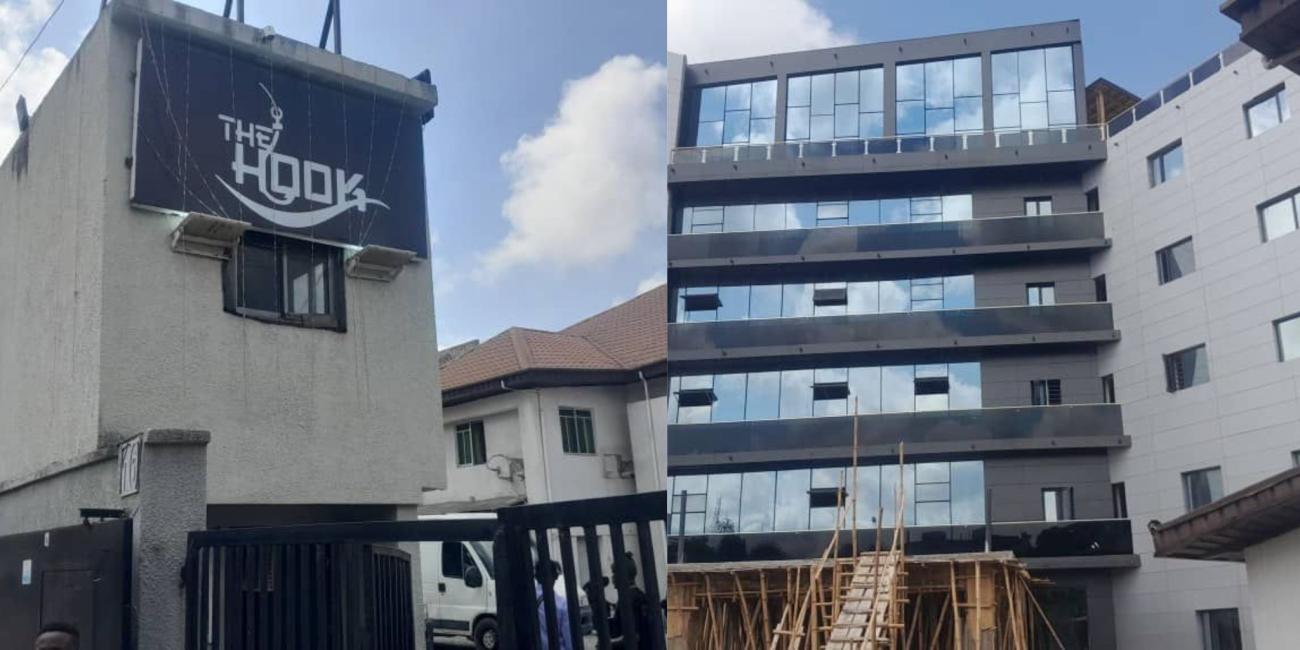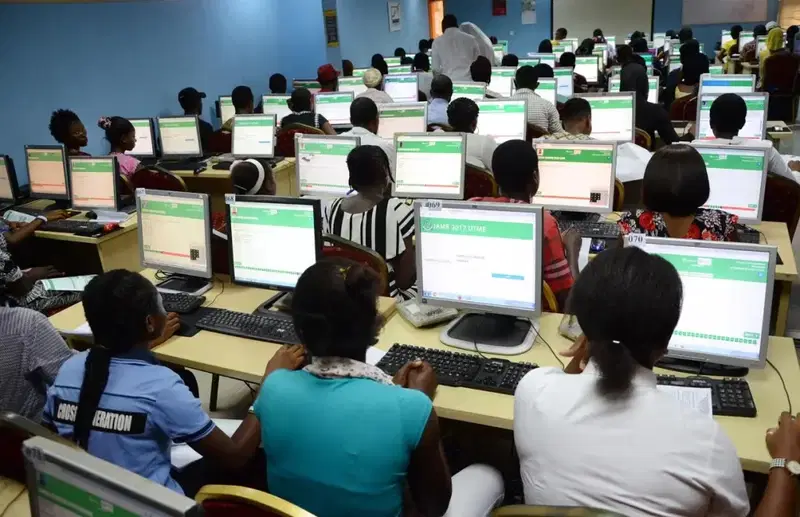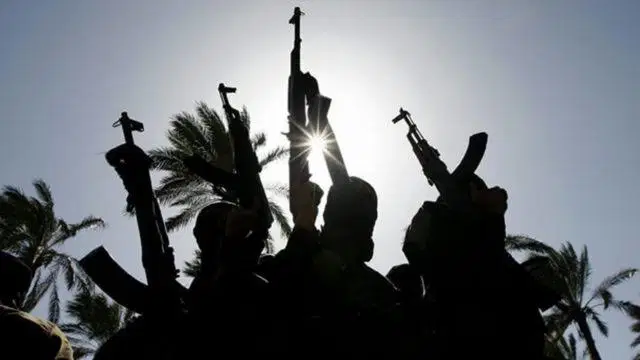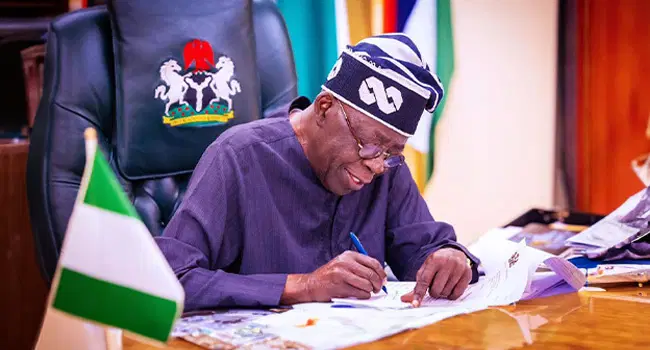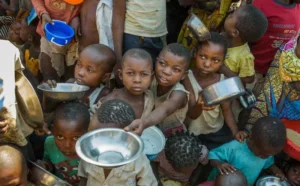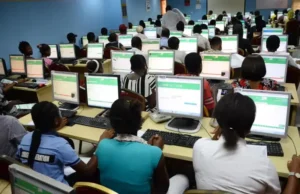- Poverty Rate Increase: The World Bank predicts that Nigeria’s poverty rate will increase by 2027.
- Number of People in Poverty: Over 106 million Nigerians are living in extreme poverty.
- Causes of Poverty: Weak governance, corruption, and insecurity are major contributors to poverty.
- Government Action: The government needs to implement well-structured stimulus packages, invest in agriculture, and support small and medium enterprises.
- Recommendations: Invest in social safety nets, support small businesses, address insecurity, and promote economic stability.
- Loan from World Bank: The government has secured a $2.25 billion loan, with $800 million for a cash transfer program to assist up to 70 million Nigerians.
The World Bank’s recent report on Nigeria’s poverty level has sparked widespread concern, with predictions that the country’s poverty rate will increase by 2027. Various interest groups are demanding urgent action to prevent a poverty-induced economic meltdown.
Nigeria’s poverty crisis is deep and multifaceted, with over 106 million Nigerians living in extreme poverty. Weak governance, corruption, and insecurity are major contributors to poverty, with public institutions failing to manage resources and deliver basic services.
The government needs to implement well-structured and targeted stimulus packages, invest in agriculture, and support small and medium enterprises to stimulate job creation. Expanding and enhancing social safety nets can provide immediate relief to vulnerable populations.
Some experts have recommended that the government should prioritize investing in social safety nets, such as access to social security services for the unemployed, affordable housing, and improving access to electricity and nutritious food. Others have suggested that the government should support small and medium-sized enterprises and improve access to finance to stimulate job creation.
The government has secured a $2.25 billion loan from the World Bank, allocating $800 million for a cash transfer program aimed at assisting up to 70 million Nigerians affected by recent economic reforms. However, some groups have expressed concerns about corruption and mismanagement in the implementation of such initiatives.
To address poverty, the government needs to take bold steps to address the key drivers of poverty, including the rising cost of living, macroeconomic management, and insecurity. This can be achieved by investing in infrastructure, particularly in the energy sector, and implementing policies that promote stability and predictability.
Ultimately, the goal is to create an environment that supports economic growth, job creation, and poverty reduction. By working together, the government and other stakeholders can help mitigate the impact of poverty and improve the lives of millions of Nigerians.

